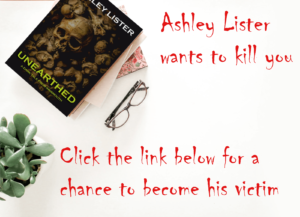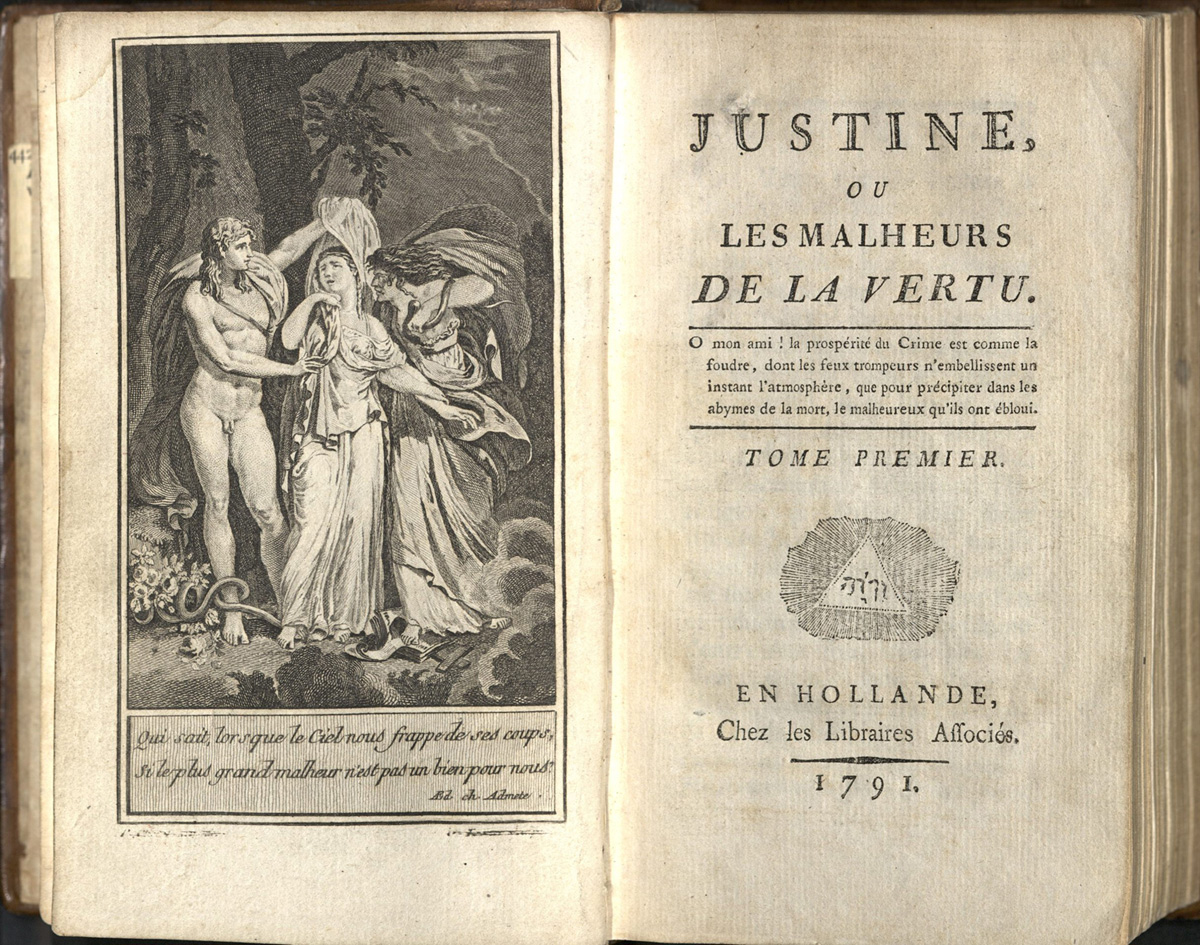by Ashley Lister
As most people reading my posts here are ‘well aware’ (translate = sick to death of hearing) I’m currently enjoying an adventure in self-publishing.
One of the steepest learning curves I’m currently hurtling along (I can’t remember if I’m supposed to go up a learning curve or down that damned thing) is the whole notion of publicity and marketing. I’m a shy and retiring person by nature and don’t like to brag about any of the 50+ novels I’ve published or the 100+ short stories, or my PhD, or the medals I’ve received for participating in 10K fun runs, or the success of my poetry or my charity work…
However, being a shy and retiring person means I’m ill-equipped for the pressures of trying to promote and market my work. Which is why I’m currently hoping to cultivate publicity by killing a reader.
I can imagine now that some of you are thinking this is a little extreme, and potentially harmful to the ends I want to achieve. To start with, killing readers is a sure fire way of stopping them from purchasing future books, which means it’s a short-sighted plan. Also, there are legal ramifications to killing people which are seldom positive. And there’s also the negative word of mouth such a campaign can cause: “I wouldn’t buy one of his books. I had a friend who bought one of his books and he went and killed him/her.”
Nevertheless, this is what I’m currently planning to do.
Obviously the murder won’t be an actual murder. My intention, as it’s a horror novella I’m currently working on, is to give one lucky reader the opportunity to lend their name to a character who is going to be brutally murdered in the story. There are a handful of legal terms and conditions that I’ve included by way of a disclaimer (all of which can be seen on my website) and I mention this here because it’s been such a fun promotional idea.
I’ve had dozens of emails from readers (and potential readers) asking me to kill them. I’m able to tell people that I’m running a competition that won’t have a winner: it will have a victim. In the past I’ve done book promotions, blog tours and giveaways but none of it has had the daring feel of promising to kill a reader.
In the comments box below, if there’s a competition you’d love to see an author running, let me know and I’ll see if I can find a way to use that in future. And, if you want to run the risk of having me kill you, why not drop me an email so I can put your name in the draw?







